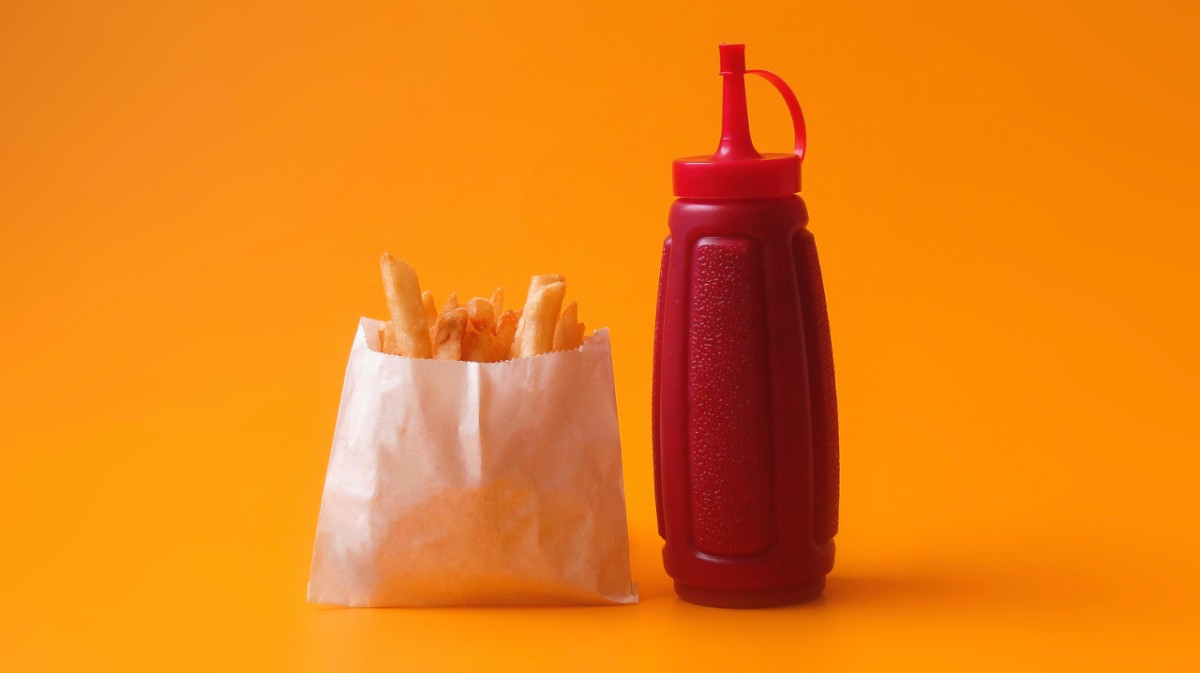
Junk food will make you blind!!!!
A parable of media hype
Photo by Miguel Andrade on Unsplash
The headline in the sober pages of the Annals of Internal Medicine was irresistible clickbait: “Blindness Caused by a Junk Food Diet”. It was only a letter reporting the plight of a single “fussy eater”, but it was reported around the world.
Since starting secondary school, a teenager had consumed a limited diet of chips, crisps, white bread, and some processed pork. By the time the patient's condition was diagnosed at the Bristol Eye Hospital, he had permanently impaired vision. According to a press release, “Further investigation found the patient had vitamin B12 deficiency, low copper and selenium levels, a high zinc level, and markedly reduced vitamin D level and bone mineral density.”
This was grist for the mill of every worried mother and every dietician. Nearly all articles in the media featured a box overflowing with chips (French fries, for American readers).
But as Gary Schwitzer, of HealthNewsReview.org, pointed out, this was yet another example of bad public relations colluding with bad reporting. It was not a “study”, but merely a single case.
He asked Dr Chioma Ihekweazu, an expert on health communications. She said:
The link established here is tenuous because the patient didn’t keep any type of food record. The researchers based their diagnosis on the patient’s descriptions of the types of foods he ate over several years. Dietary recall is notoriously unreliable when asking people to remember what they ate beyond the span of a few days, let alone several years.
Additionally, environmental exposures and other lifestyle factors that could have contributed to the patient’s vision loss were left largely unaddressed. The authors reported that the patient denied use of alcohol, tobacco, or other drugs but teens aren’t always forthcoming about their substance use, especially in the presence of their parents.
What we’re left with is a particularly dramatic example of the consequences of a poor diet based on a single patient and a lot of speculation.
So the dramatic story is just an anecdote – not forward warning of a tsunami of blind “fussy eaters”. Health journalists tend to believe that one swallow does make a summer. It’s wise to be sceptical when they tout miracle cures – or apocalyptic disasters.
Michael Cook is editor of BioEdge
Creative commons
https://www.bioedge.org/images/2008images/FB_junk_food.jpg
media hype
- How long can you put off seeing the doctor because of lockdowns? - December 3, 2021
- House of Lords debates assisted suicide—again - October 28, 2021
- Spanish government tries to restrict conscientious objection - October 28, 2021
